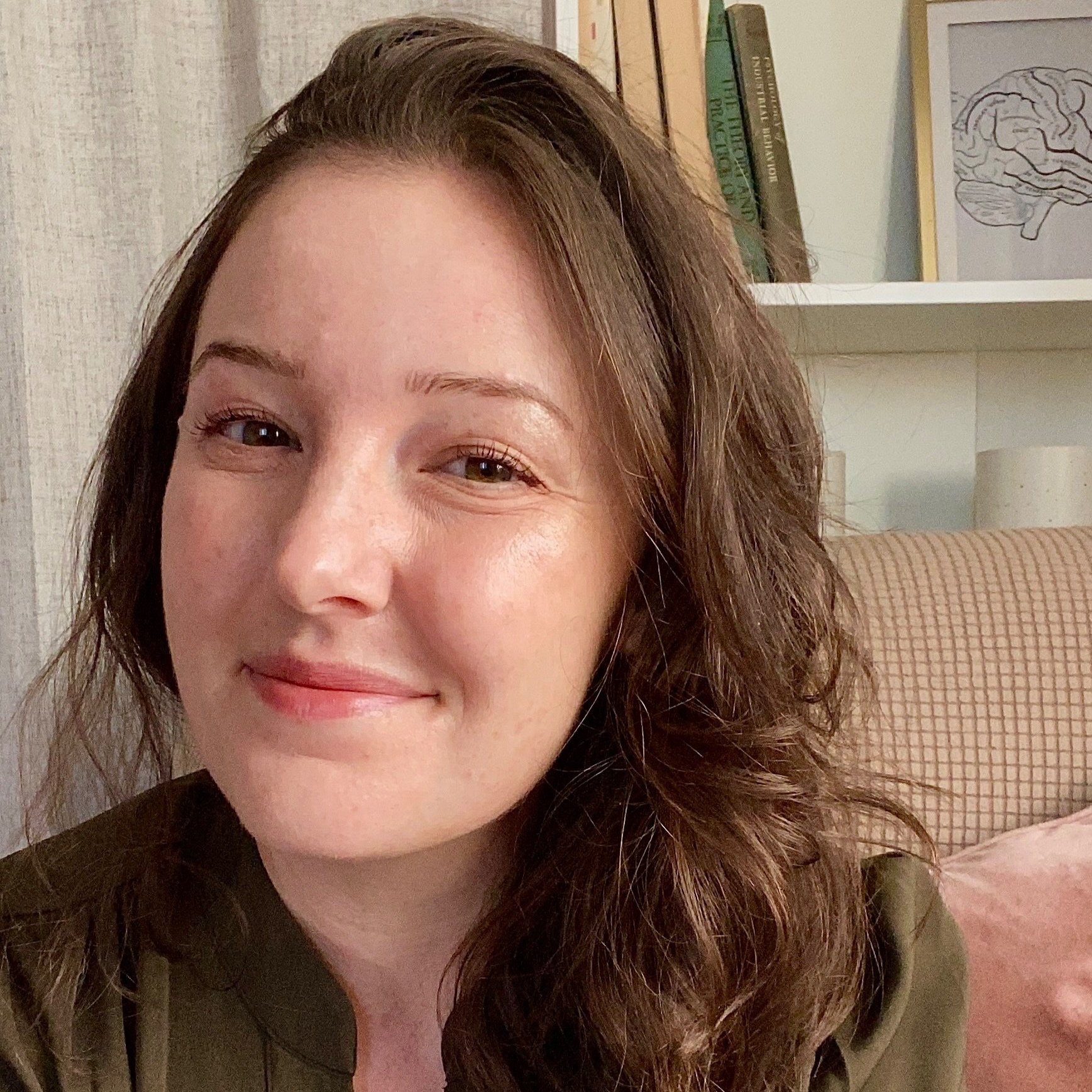Therapists’ Guide To Booking Online Speaking Engagements - Outside the Mental Health Field
Book speaking engagements for conferences, companies, and more - all from the comfort of your home laptop.
Have you ever thought about adding speaking as an income stream this year?
My goal for 2025 was to branch out speaking engagements beyond therapist specific conferences. I knew that I had so much information to share, basic information that we hear at every presentation, that would be so meaningful in other industries like business or healthcare.
So far this year, that’s looked like booking speaking engagements related to nurse wellbeing and general leadership.
Therapists, you belong in all the rooms where people are talking about well-being and mental health! You spent too long in school and too long getting licensed to let imposters syndrome get in the way.
Maybe you’ve done a presentation for class or presented before for a local or state conference. You’ve thought about presenting in other spaces before (you’ve gotten great feedback!). But you’re not quite sure where to even start or where you would even go.
Outside of getting paid to speak at some conferences, presenting outside of the therapy profession can help you make connections for:
Perfectly aligned referrals from local organizations that work with your ideal client
High-paying speaking engagements in that industry
Consulting work when organizations need a mental health expert (you’ll be top of mind!)
Examples of presentations I’ve given to non-mental health professionals (specializing in medical trauma in my private practice):
Nurse wellbeing at a neonatal nursing conference
Trauma-informed care for medical students
Medical trauma for maternal health conference
Relationships for college greek organization
Keep reading to see how you can copy my playbook and book 1-2 speaking gigs outside your industry this year
Decide what industry aligns with your specialty - From equity in law enforcement to medical best practices to reptile caretakers of the southern US, there’s truly a conference for everything. Try identifying your goals with speaking (See slide 2) and decide where your ideal audience would be for networking. For example, you might specialize in perinatal mental health and might choose to apply for conferences related to your specialty from a mental health lens (i.e. neonatal nutrition, parenting, etc). Try googling your specialty along with “online conference open proposals” (I.e. “virtual perinatal conference proposals”).
Review previous presentations - Once you’ve identified a conference or a specialty, start looking at the conference programs from previous years. Conference programs will tell you the title, and maybe a description, of previous presentations at that conference. This can help you form an idea of how you can integrate your mental health specialty into that industry or that conference theme.
Use the language of that industry - Maybe a certain profession would use the term “burnout” while others would use the word “compassion fatigue” or “vicarious trauma” - or they might use them interchangeably. While as a therapist, you might understand the nuances between these terms, those outside of your field might not. Look up recent journal articles and conference presentations from that industry to see how they describe your presentation topic.
Want more ideas for side incomes for therapists in 2025? Bring your clinical skills to the classroom this year by teaching 1-2 college courses online.
In “Adjuncting 101: Your Guide to $10k as an Adjunct Professor for Social Worker and Counselors”, you’ll plan your path to teaching college courses from landing your dream teaching position (yes, even online) to designing your first class.
This workshop dives DEEP into:
⭐️ Where to apply for part-time teaching positions (especially online!)
⭐️ How to expertly market your clinical skills in an academic setting
⭐️ Nailing your interview for your dream school
⭐️ Setting up your class for ease and success
We’ll break down myths about being an adjunct instructor (such as “you can’t make money teaching” or “you need a PhD to teach at a university”) and review the tools you’ll need to thrive teaching part time.
Now available as a replay!
